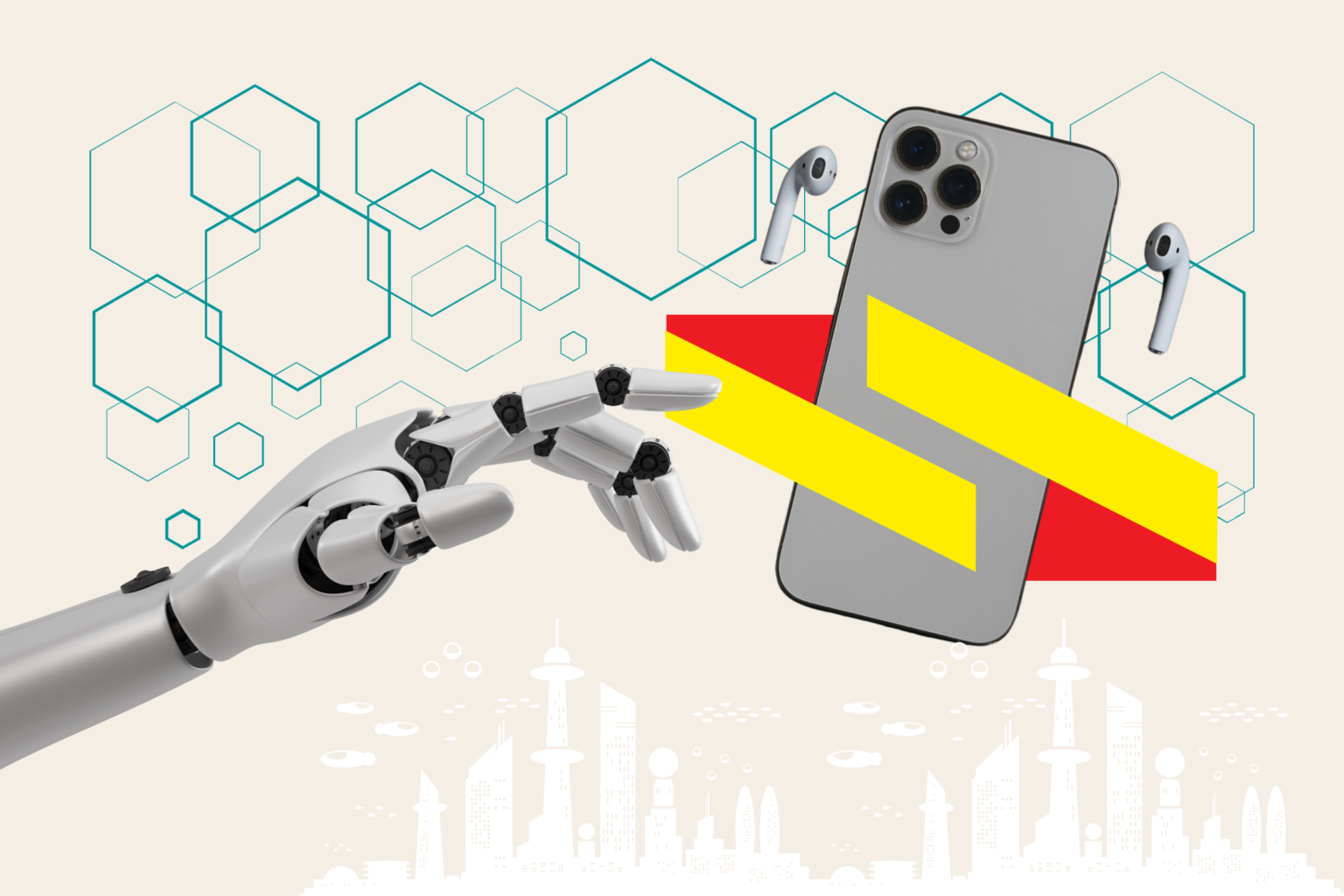Apple’s latest update, iOS 18, marks a significant leap forward in handheld computing with the introduction of “Apple Intelligence,” a suite of AI features designed to enhance user experience on iPhone devices.
The update leverages advanced generative models and personalized context, promising to make devices more intuitive, powerful and secure.
“The integration of technology that is easy to use and contributes to a seamless experience is a substantial step forward,” said Mirco Musolesi, a professor of computer science at University College London in the U.K. “When a new technological advancement happens in this space, I always think about what Mark Weiser, the father of ubiquitous and mobile computing, said: ‘The profound technologies are those that disappear.’ The smartphone was one example of technologies that disappear.”
Apple Intelligence brings several transformative features to iOS 18, each aiming to make daily interactions with devices smoother and more efficient. Some key features will include:
- Enhanced Siri Capabilities: Siri now boasts improved language understanding, contextual awareness and the ability to perform complex, cross-app tasks. For instance, Siri can set reminders, answer questions and even interact with third-party apps seamlessly. The personal assistant can also maintain context from one request to the next, making it easier for users to manage ongoing tasks without repeating information.
- Advanced Image Tools: The Photos app has been upgraded to include AI-driven features such as the “Clean Up” tool, which removes unwanted objects from photos, and the ability to search for images using natural language descriptions. Users can create custom Genmoji and AI-generated images, making personal expression more dynamic and creative.
- Personalized and Integrated Assistance: Apple Intelligence promises to integrate within device’s system, offering personalized suggestions and actions based on user behavior and preferences. This includes tailored notifications, smart replies in Mail, and the ability to summarize content, such as meeting transcripts or emails.
“Large Language Models and foundational models, especially when integrated with mobile and ubiquitous technologies, are the sort of things that people of my generation really thought were decades ahead. Instead, they will be in every phone around in the matter of a few years,” said Musolesi.
Newsweek previously spoke with futurist and former Apple executive James Canton, who predicted such devices would eventually transform into a small wearable. “Think Star-Trek,” he said.
Not all iPhones will be eligible to receive the full range of features teased for the near future, however.
Apple Intelligence necessitates a phone with an A17 Pro chip, currently only found in the iPhone 15 Pro and Pro Max.
Do you have a story we should be covering? Do you have any questions about artificial intelligence or mobile phone technology? Contact LiveNews@newsweek.com
Read the full article here














